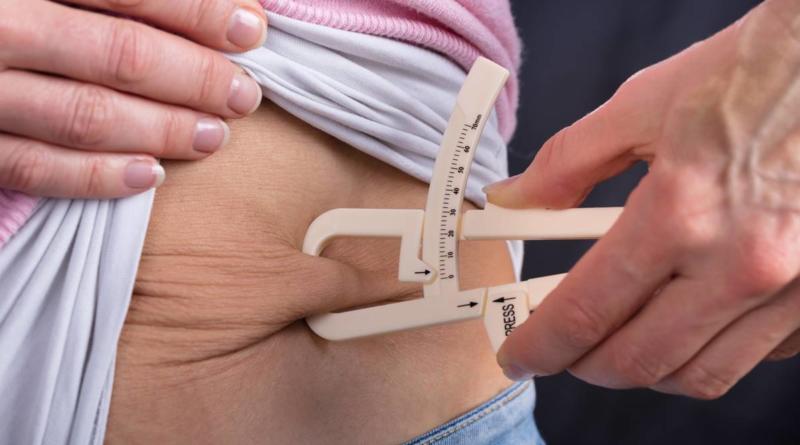Top Side Effects of Bariatric Surgery You May Not Be Aware Of
Bariatric surgery is also known as gastric bypass and is a type of surgery that helps in weight loss. Many patients opt for this option after failing to achieve weight loss through other means. You can avoid bariatric surgery side effects by living a healthy lifestyle and taking the right diet.
The surgeon staples your stomach and creates a pouch in your abdomen. He/she then connects the pouch with the small intestines. By so doing, this food conveys directly to the duodenum from the pouch. It does this without going into your stomach and surpasses the pristine part of the duodenum.
The bariatric surgery reorganizes your digestive system hence you get full with meager volumes of food. It also brings about malabsorption and the calories that your body can absorb decreases.
Research has shown that bariatric surgery is highly successful and helps many patients lose almost 80 percent of exorbitant weight three years after the operation.
There are risks that are associated with gastric bypass; there are two categories of bariatric surgery side effects involved:
- Those that relate to food intake and loss of weight
- Those that relate to the surgery
You can categorize the effects of bariatric surgery as follows:
Those that happen immediately after operation
- The wound from the operation is infected. {this affects 1 in every 20 patients}
- Internal bleeding
- Blood clots
Death
There is always the risk of death during bariatric surgery. Death occurs because of infection, embolism, stroke, bleeding, or heart attack. In addition, other factors increase complications and the chances of death; they include gender, age, high blood pressure, and a high BMI [body mass index] of above 50. If you previously had pulmonary hypertension, blood clots, or deep vein thrombosis this may increase chances of pulmonary embolism.
You can develop gallstones
There are people who develop Gall bladder stones because of gastric bypass. The rate of developing the stones is one in every 12 individuals. The gallstones are a result of cholesterol and chemicals that congest the bladder. The stones cause a lot of pain, vomiting, jaundice, and nausea.
Stomack blockage
The stoma blockage occurs when food clogs the aperture, which connects the duodenum to the stomach pouch, which in turn results in endless vomiting. The blockage occurs in almost a fifth of the patients, and a small ductile tube known as an endoscope treats the condition. You should ensure you chew your foods thoroughly to avoid the blockage.
Excess skin
Losing weight to quickly when you are obese results in the skin becoming folded and loose. Most of these folds occur around the abdomen, back, breasts, hips, and limbs. The excess skin becomes apparent two years after operation. Too much fold holds moisture leading to rashes and infections.
Food intolerance
Intolerance to foods may start to show signs years after surgery. It occurs in 1 out of 35 patients. There are certain foods that you should avoid like red meat that bring about nausea, vomiting, and heartburn.
Clearly, there are health benefits that you will get from gastric bypass which eclipse the bariatric surgery side effects. You should make an informed decision by getting the right advice from your doctor.
